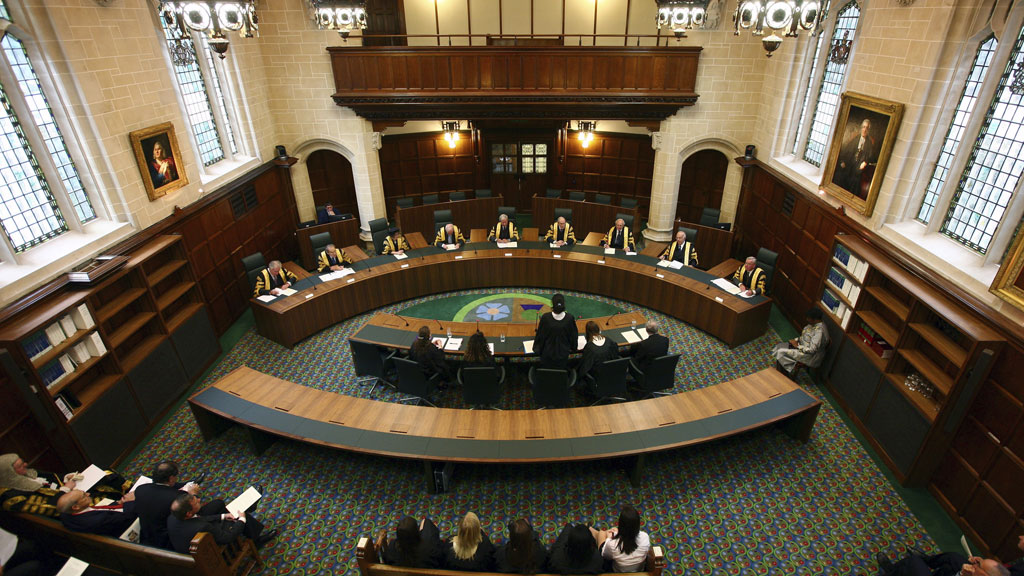Exclude minor convictions from criminal checks – court
The UK’s highest court rules that minor convictions should not be disclosed in criminal records checks because doing so is a breach of human rights.

The supreme court ruling concerned a man who was forced to reveal a childhood police caution for cycle theft to a prospective employer.
The man, known as T, had applied for a part-time job with a football club in 2008 and then for a university sports studies course in 2010, both of which could have involved contact with children and therefore required enhanced criminal records checks.
His lawyers argued that police cautions he received from Greater Manchester Police following the theft of two bikes in 2002, when he was 11, had been unreasonably disclosed when he made the applications years later.
The disclosure of this information almost cost him the job and university place.
The appeal court accepted his lawyers’ argument on human rights grounds – a decision the government said was wrong – and on Wednesday the supreme court followed suit.
Haunted
Rebecca Hilsenrath, chief legal officer for the Equality and Human Rights Commission (EHRC) said: “This judgment sensibly recognises, as did the court of appeal, that people should not be haunted forever by minor childhood offences, in a way which might prevent them from becoming productive members of society and from engaging in their chosen field of employment.
“A warning given for a relatively trivial offence committed many years ago by a child, who has not re-offended, has no relevance to how that person could be safely employed to work as an adult.”
Following the appeal court ruling, the government made amendments to legislation, but still maintained that its decision was incorrect and the supreme court should establish the “correct position”.
A government spokesperson said on Wednesday: “Criminal records checks are an important tool for employers to use in making informed safeguarding decisions.
“The government put in place measures last year to provide for old and minor convictions to be filtered from criminal records certificates, striking an appropriate balance between allowing people with such convictions to rebuild their lives and ensuring that children and vulnerable groups are protected.”
Disqualified
In 2012, Channel 4 News revealed that Falklands veteran Simon Weston had pulled out of the race to become a police and crime commissioner following our disclosure that he could be disqualified from standing because of a criminal record for being found in a stolen car when he was 14.
Home Secretary Theresa May and Attorney General Dominic Grieve had believed that he would have been allowed to stand, but lawyers consulted by Political Correspondent Michael Crick said otherwise.
Mr Weston said on Twitter he made his decision to withdraw because he had become “disillusioned by the fact it was getting (too) political & not serving the people”.
The EHRC told Channel 4 News the supreme court judgment was not relevant to Simon Weston because the two cases were based on different acts of parliament.
-
Latest news
-
Laughing Boy: New play tells the tragic tale of Connor Sparrowhawk5m

-
Sewage warning system allows some of worst test results to be left off rating system, analysis shows3m

-
Post Office inquiry: Former CEO didn’t like word “bugs” to refer to faulty IT system4m

-
Israeli soldier speaks out on war in Gaza12m

-
PM’s defence spending boost should be ‘celebrated’, says former Armed Forces Minister4m

-




